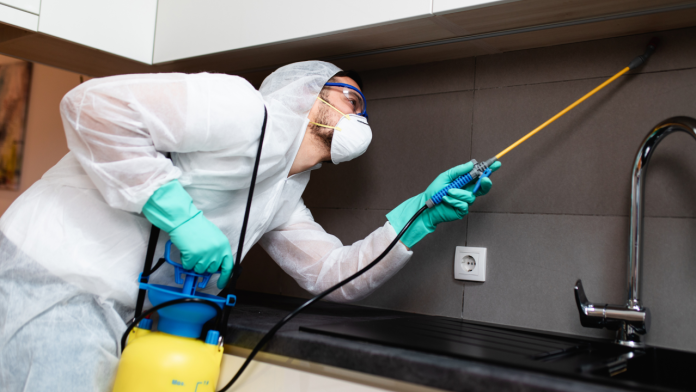Pest control is an essential aspect of maintaining a healthy and safe environment, whether at home or in commercial settings. With an ever-evolving landscape of pests and their impacts, effective pest management strategies have become more critical than ever. This article explores various pest control methods, recent trends in the industry, and best practices for ensuring a pest-free environment.
Common Pest Control Methods
- Chemical Control Traditional pest control methods often involve the use of chemical pesticides. These substances can be effective in eliminating pests quickly, but they may also pose health risks to humans and pets if not used correctly. Modern pest control approaches strive to use these chemicals more responsibly, opting for formulations that target specific pests while minimizing environmental impact.
- Biological Control The use of biological control agents has gained popularity as a more sustainable method of pest management. This technique involves introducing natural predators or pathogens to control pest populations. For example, beneficial nematodes or certain fungi can effectively manage infestations of cockroaches and bedbugs without harmful chemicals.
- Integrated Pest Management (IPM) IPM is a holistic approach that combines various strategies to manage pest populations effectively. This method emphasizes prevention, monitoring, and control, often incorporating both chemical and biological methods while prioritizing ecological balance. Exclusion techniques—such as sealing entry points—are also a significant part of IPM, aiming to prevent pests from entering homes or businesses in the first place.
Recent Trends in Pest Control
The pest control industry is continually adapting to new challenges and technologies. Some notable trends include:
- Ecologically Friendly Practices: There’s a growing emphasis on environmentally responsible pest control methods. Companies are moving away from one-off treatments that rely heavily on chemicals to more sustainable, exclusion-based strategies.
- Technological Innovations: New technologies, such as real-time monitoring systems and geospatial databases, are being developed to track pest populations and inform management decisions. These tools can enhance pest control strategies by providing data-driven insights.
- Customization and Personalized Solutions: Pest control services are increasingly tailored to meet the specific needs of clients. Instead of offering one-size-fits-all solutions, modern pest management emphasizes understanding the unique circumstances of each situation.
Best Practices for Effective Pest Control
- Regular Inspections: Routine inspections can help identify potential pest problems before they escalate. Early detection is key to effective pest management.
- Education and Awareness: Homeowners and business operators should educate themselves about common pests in their area and implement preventive measures, such as maintaining cleanliness and proper waste disposal.
- Choosing Professional Services: Selecting a reputable pest control service is crucial for effective management. Look for companies that use integrated and ecologically friendly methods.
- Sustainable Practices: Whenever possible, opt for pest control solutions that prioritize sustainability, such as biological controls and eco-friendly products. This approach not only protects your immediate environment but also contributes to broader ecological health.
Conclusion
Pest control is a vital component of maintaining a safe and healthy living or working environment. By understanding various pest control methods, staying informed about recent trends, and implementing best practices, individuals and businesses can effectively manage pest populations while minimizing risks to health and the environment. With the right strategies in place, it is possible to achieve long-term pest management success.
For more detailed information on pest control methods and innovations, you can explore resources from trusted pest management professionals.










